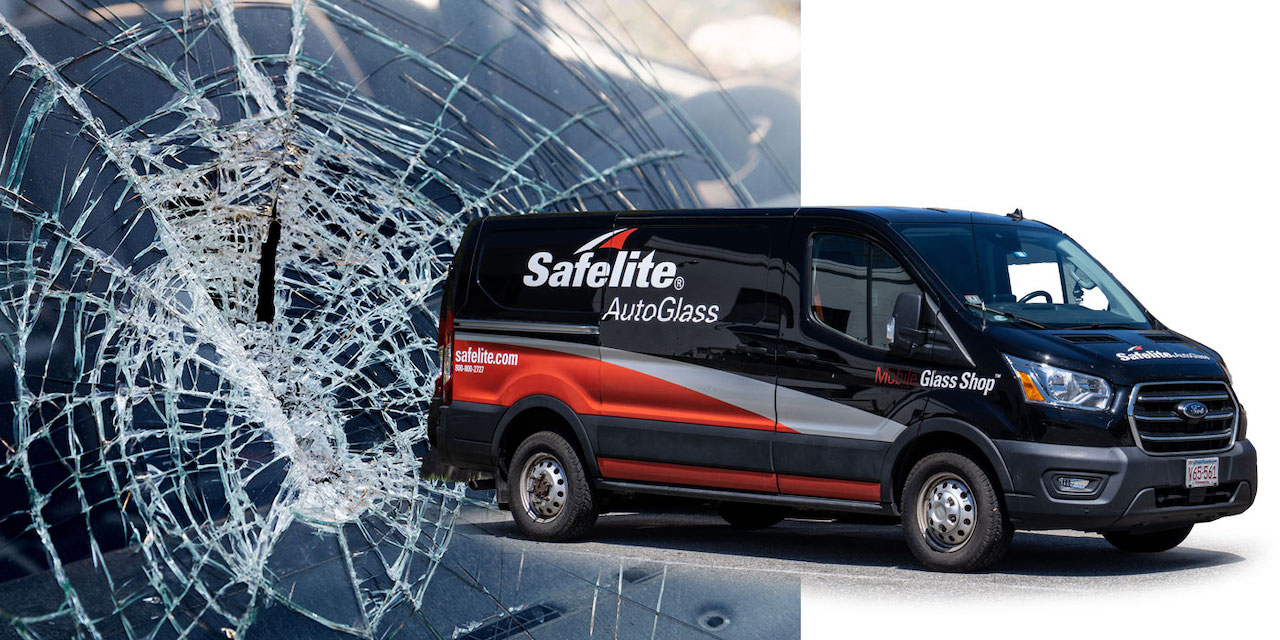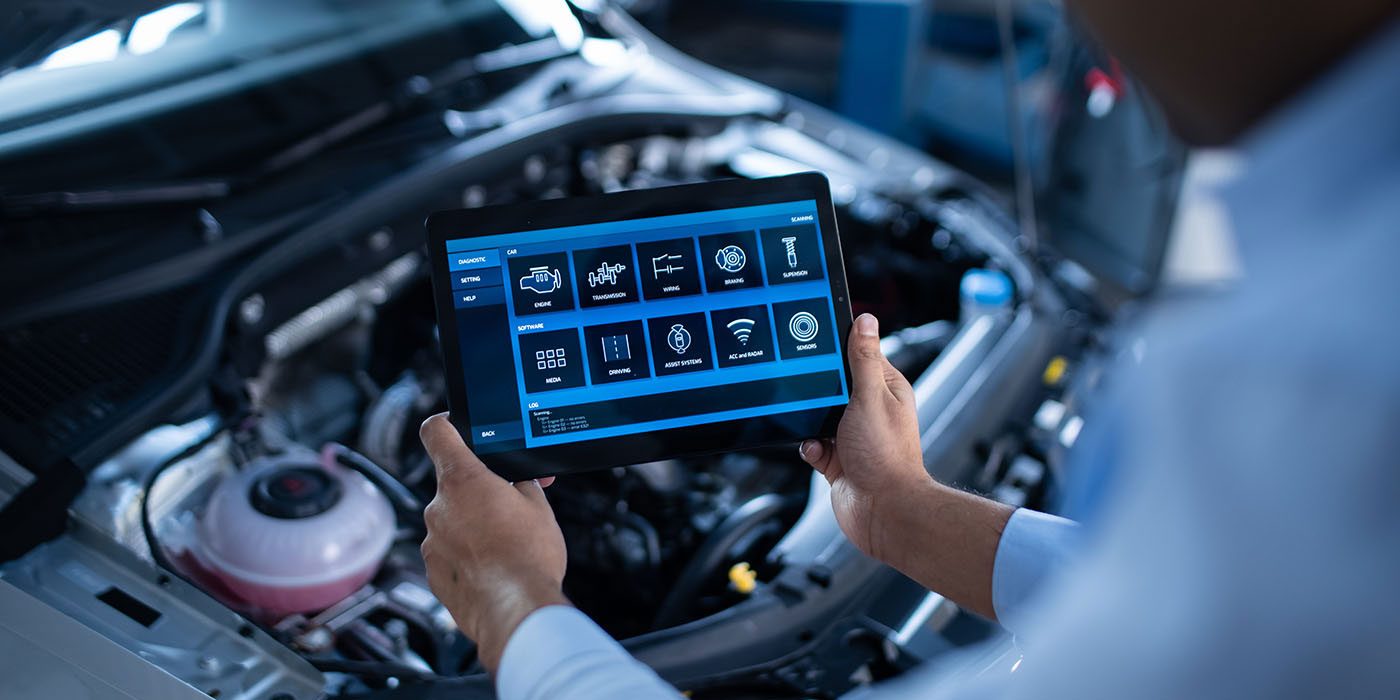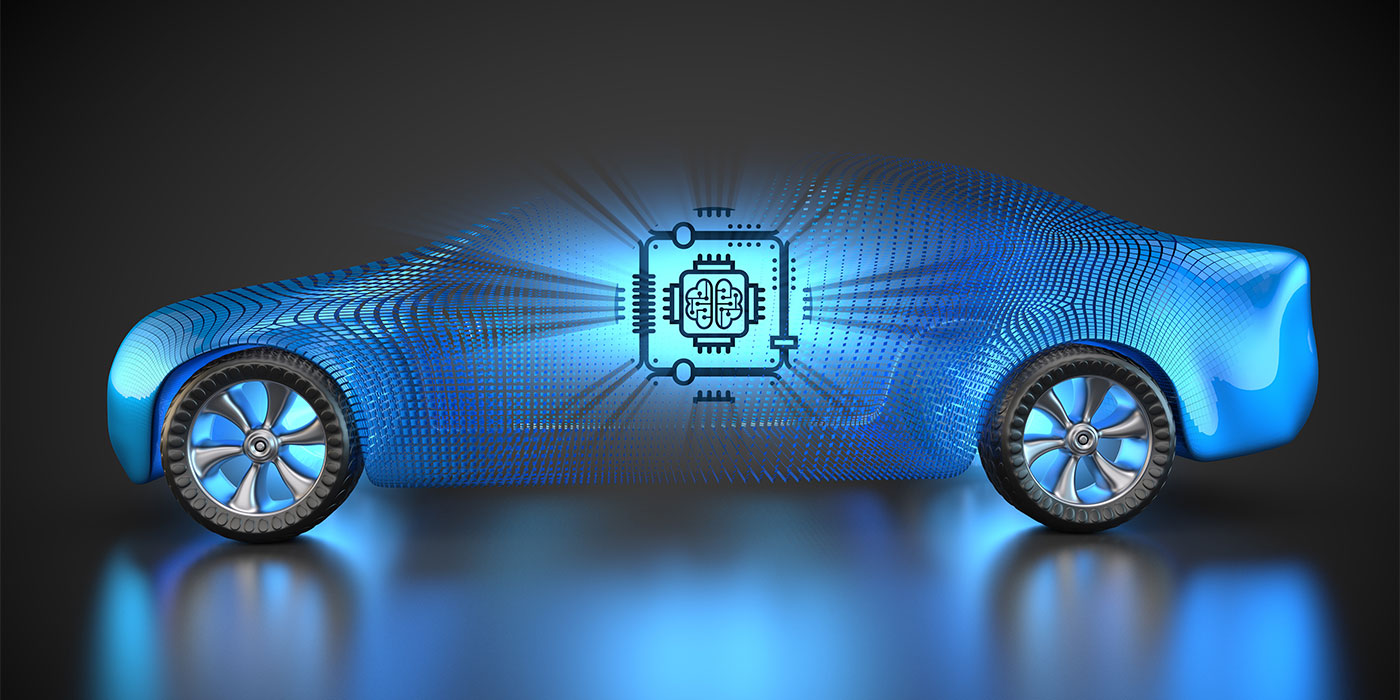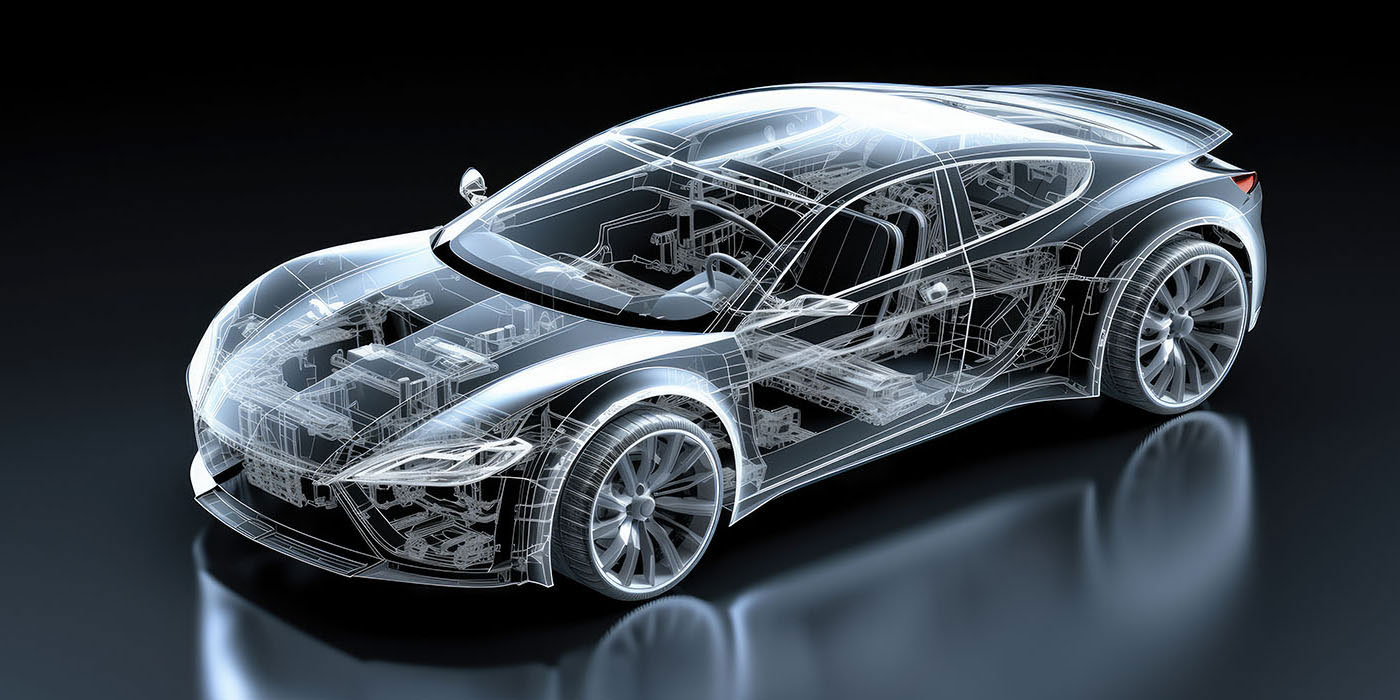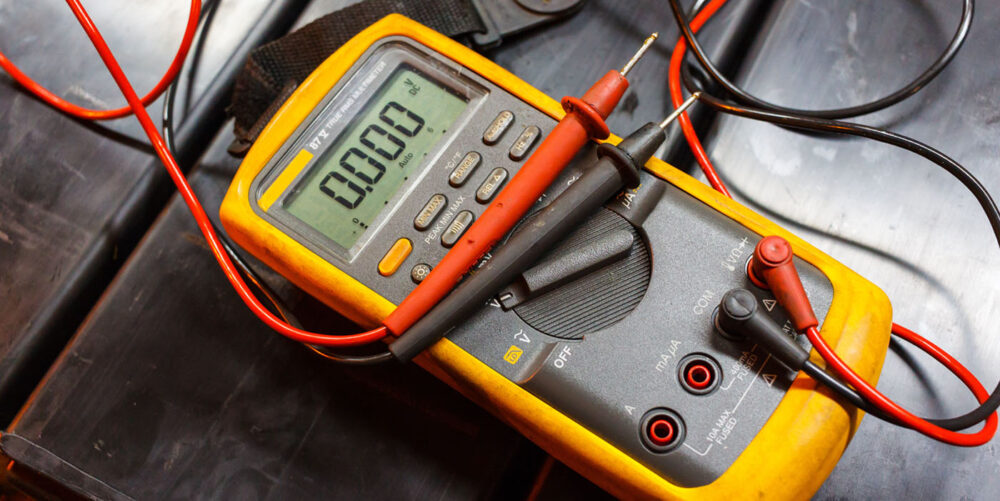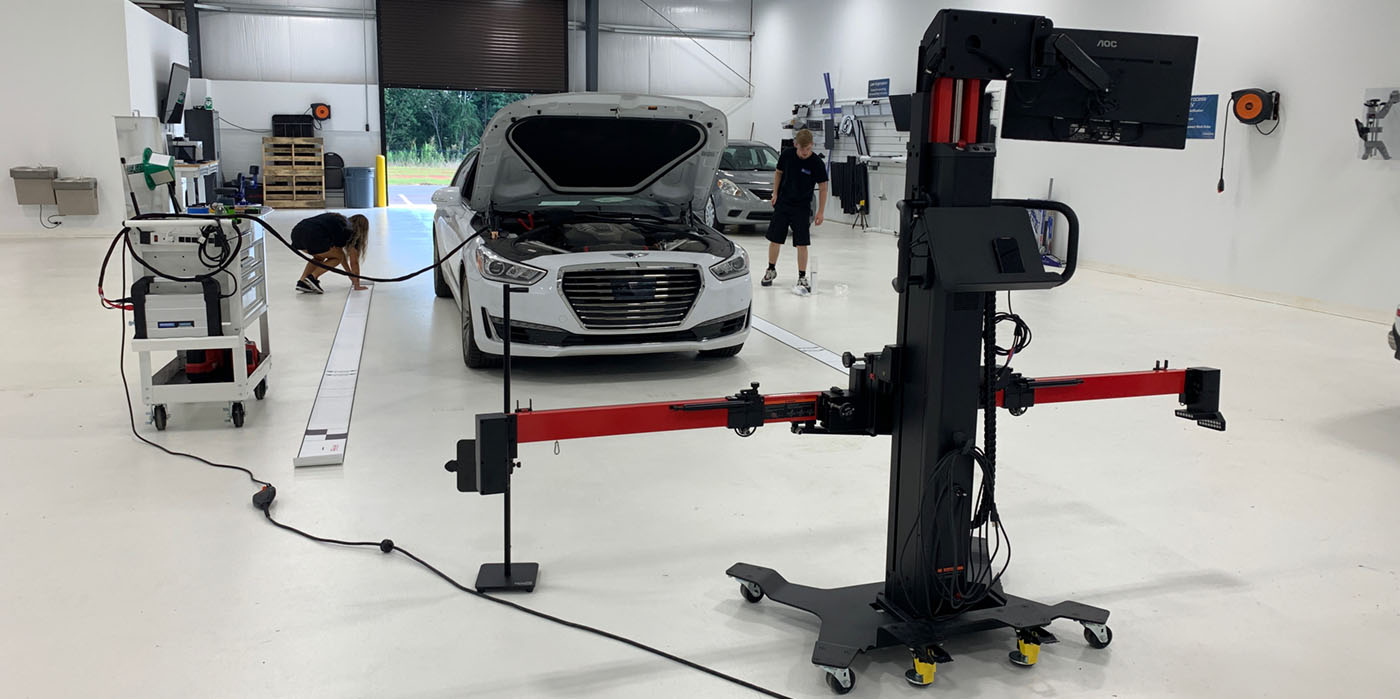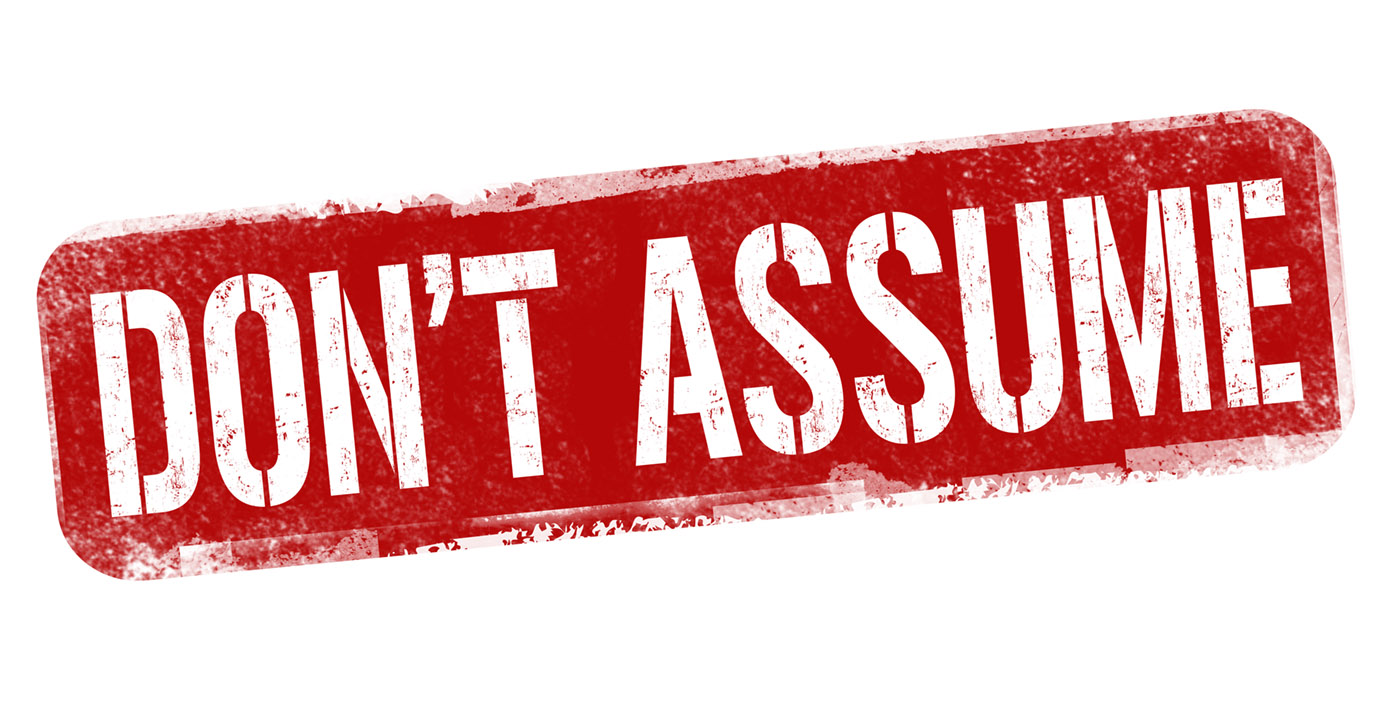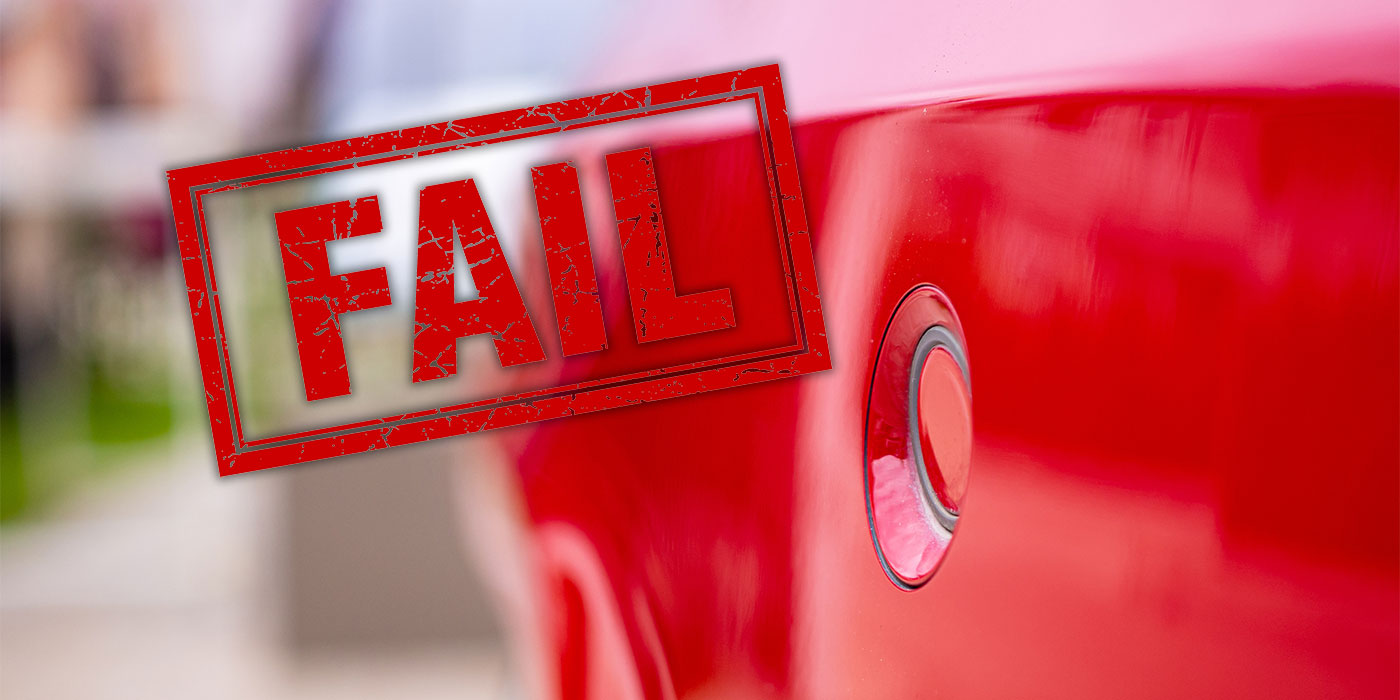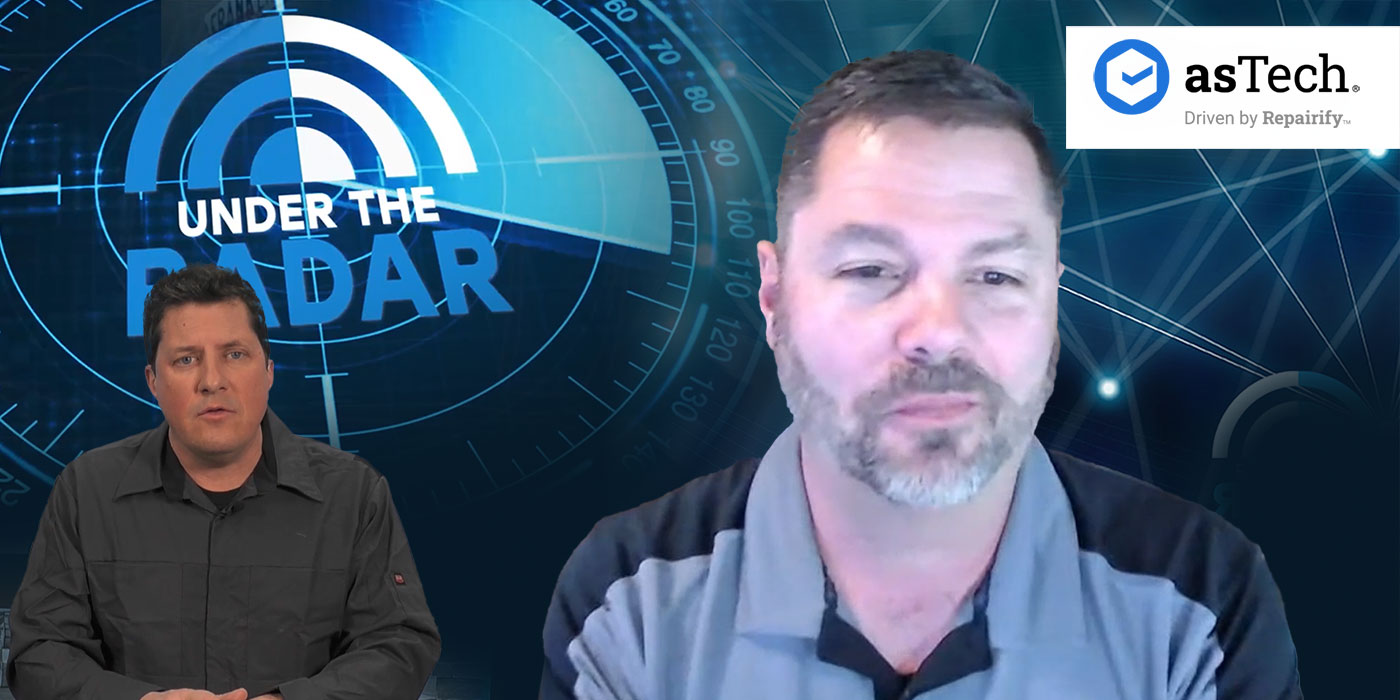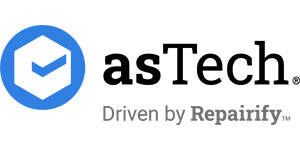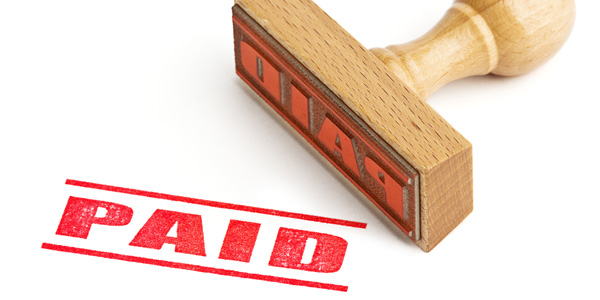
Pre- and post-repair scanning was a hot topic at the April 2017 Collision Industry Conference in Pittsburgh. As with any hot topic in collision repair, the discussion inevitably turned to the insurance industry.
“The 800-pound gorilla is getting paid for [scanning],” said Brett Bailey, who owns and operates six collision repair centers in the Kansas City area. “It’s a huge problem in our industry.”
The BodyShop Business 2017 Industry Profile survey results suggest that Bailey has a point.
While 70 percent of shops responding to the survey said they’re performing pre- and post-repair scans on some vehicles, more than half of the shops (58 percent) noted that only one in four insurers – at most – are paying for scans. Of that group, 22 percent said that none of their insurance partners are compensating them for scans.
About 20 percent of body shops indicated that more than half of their insurance partners are paying for scans.
So how does a shop become part of the latter group? Jake Rodenroth, director of client services for asTech, said it’s important to talk about the issue with your insurance partners before sending them a bill.
“I see a lot of repairers alienate the insurers until we’re ready to be paid,” he said. “If we decide to take on scanning in our businesses – whether it’s with a remote service, an OEM scan tool or an aftermarket scan tool – bring your insurance partners in. Bring them in and say, ‘We’re going to start operating this way. Here’s how we’re going to document it on the RO. Here’s how we’re going to charge for it. Do you have any questions?’”
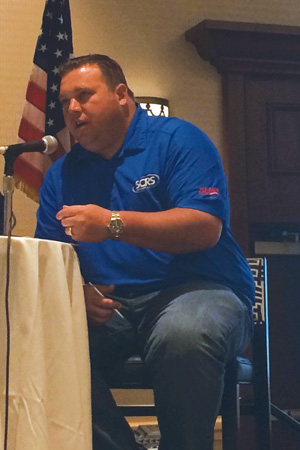
Some shops have used the position statements as leverage. Jessica Stegner, manager of Body Worx in Guthrie, Okla., said she provides a copy of the applicable position statement to insurers (if the shop is working on a GM, Toyota, Honda, etc.) when submitting an estimate.
“I’ve actually had no hesitation from insurance companies,” Stegner told BodyShop Business.
Trevor Emahizer, owner of Aurora Body Shop in Aurora, Neb., said he’s had some pushback from insurers, but none have “flat-out told me ‘no.’” Emahizer’s shop uses a remote scanning service, which charges the shop a fee for each scan (the shop, in turn, charges customers a markup). When insurers question the charge, they’re usually satisfied when Emahizer sends them a copy of the service provider’s invoice.
“I had one insurance company question it, and it was on a Subaru,” Emahizer said. “I explained to them that the nearest Subaru dealership is in Lincoln, which is 70 miles away. I said, ‘If you want us to take it to a dealership we can, but you’re talking about a 140-mile charge to transport the vehicle, plus probably six hours of labor for our travel time,’ and all of a sudden they were very motivated to pay for our scan.”
Jeff Domeyer, owner of Precision Collision Paint & Auto Body in Manchester, Iowa, said he’s been able to use the position statements as leverage with most insurers. But the position statements don’t do any good when a Ford comes through his doors.
“We’re in a rural area, so we see a lot of domestics,” Domeyer said. “For us, the biggest one that hasn’t [issued a position statement] is Ford, and I don’t know what they’re waiting for.”
Editor’s note: This article appeared as part of the scanning guide in the July 2017 issue of BodyShop Business.

